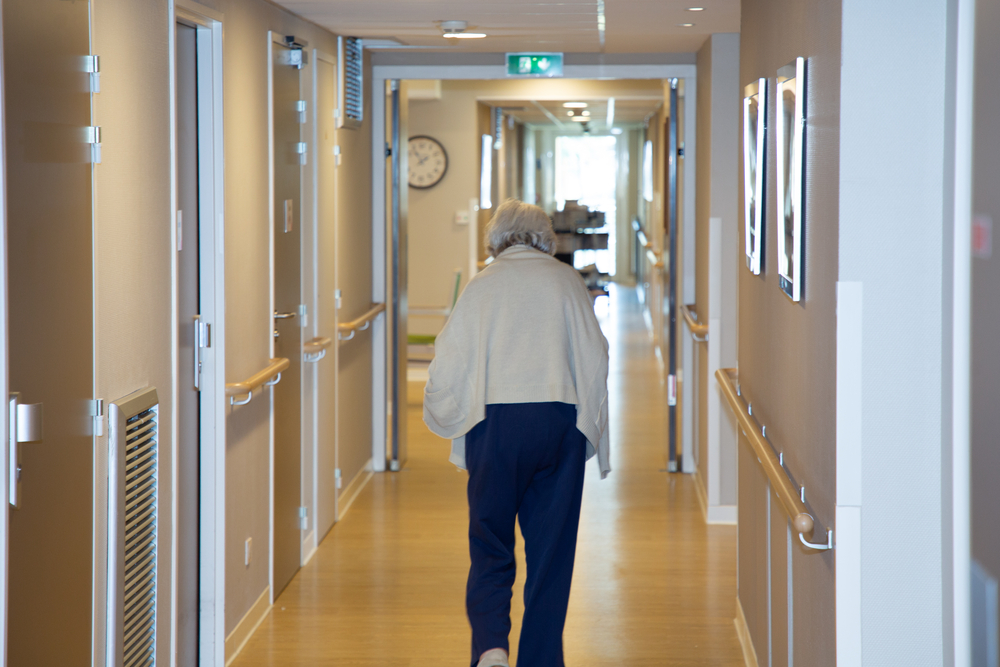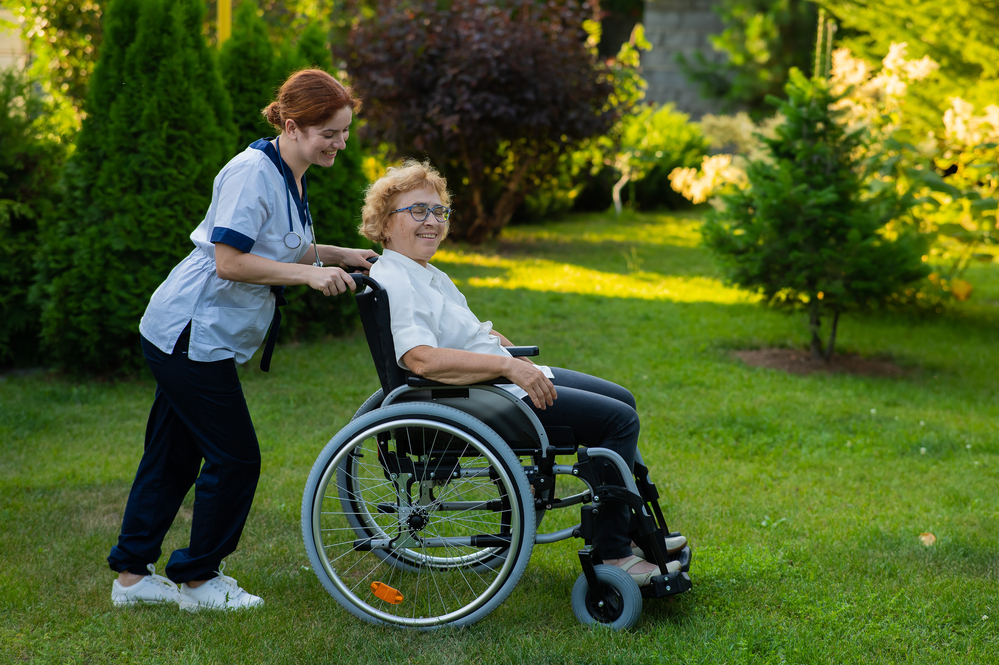
Physical Therapy and Rehabilitation For Chronic Pain
May 9, 2023
Supporting Seniors with Dementia: Strategies for Communication and Care
July 7, 2023As people age, their need for care and support often increases, particularly when it comes to their health and well-being. Many elderly individuals rely on family members or loved ones to provide them with the care they need. While providing care to a loved one can be a rewarding experience, it can also be physically, mentally, and emotionally demanding. Caregiving can take a toll on a person’s health and well-being, leading to burnout and exhaustion. This is where respite care comes in.
Respite care is a type of short-term care designed to give primary caregivers a break from their caregiving duties. It provides temporary relief to the caregiver, allowing them to recharge and attend to their own needs, without compromising the quality of care their loved one receives. In this article, we will discuss the role of respite care in senior caregiving and how to take a break and recharge.
What is Respite Care?

Respite care is a form of temporary care that allows caregivers to take a break from their caregiving responsibilities. It can be provided in various settings, including in-home, community-based, or residential care settings. Respite care can range from a few hours to several weeks, depending on the caregiver’s needs and the level of care required by the care recipient.
Respite care services can be customized to meet the unique needs of the care recipient. For example, respite care services can include assistance with activities of daily living (ADLs), such as bathing, grooming, and dressing, medication management, transportation to medical appointments, and social activities. The goal of respite care is to provide the recipient with the care and support they need while also giving the primary caregiver a break.
Why is Respite Care Important?
Respite care is essential for several reasons.
First, it allows caregivers to take a break from their caregiving responsibilities and attend to their own physical and emotional needs. Caregiving can be physically and emotionally demanding, and respite care provides caregivers with the opportunity to recharge and take care of themselves.
Second, respite care can help prevent caregiver burnout. Caregiver burnout is a state of physical, emotional, and mental exhaustion that can occur when a caregiver becomes overwhelmed by the demands of caregiving. Burnout can lead to depression, anxiety, and other health problems, making it essential for caregivers to take breaks and practice self-care.
Third, respite care can benefit the care recipient. Providing care to a loved one can be a challenging task, and caregivers may not always have the skills or expertise to provide the level of care their loved one requires. Respite care can provide the care recipient with access to professional care and support, improving their quality of life and overall health.
How to Take a Break and Recharge
Taking a break and recharging is essential for caregivers’ physical, emotional, and mental well-being. Here are some tips on how caregivers can take a break and recharge:
Seek out respite care services
Respite care services are available in various settings, including in-home, community-based, or residential care settings. Caregivers can explore their options and find a respite care provider that meets their needs and the needs of their loved ones.
Create a self-care plan
Caregivers should create a self-care plan that includes activities that they enjoy and that promote relaxation, such as exercise, meditation, and spending time with loved ones.
Reach out to friends and family
Caregivers should not hesitate to reach out to friends and family for support. They can ask for help with caregiving duties or simply spend time with loved ones to recharge their batteries.
Practice good sleep hygiene
Getting enough sleep is essential for caregivers’ physical and emotional well-being. Caregivers should practice good sleep hygiene, such as avoiding caffeine and alcohol before bed, creating a sleep-conducive environment, and establishing a regular sleep routine.
Attend support groups
Caregiver support groups provide a safe space for caregivers to connect with others who are going through similar experiences. Support groups can provide caregivers with emotional support, information, and resources to help them manage their caregiving responsibilities.
Take advantage of technology
There are many apps and online resources available to help caregivers manage their caregiving responsibilities, such as medication management apps, telehealth services, and caregiver support forums.
Hire a professional caregiver
If respite care services are not available, caregivers can consider hiring a professional caregiver to provide temporary care and support to their loved ones. Professional caregivers are trained and experienced in providing care to seniors and can provide caregivers with peace of mind while they take a break.
Conclusion
With respite care services and self-care plans in place, caregivers can provide their loved ones with the best possible care and support, while also maintaining their own physical, emotional, and mental health. Caregivers no longer have to take on all the burden alone – there are plenty of options for respite care that can be explored, from professional help to technology services. From reaching out to friends and family for support to attending support groups, taking a break from providing care is an essential part of senior caregiving and can make all the difference in preventing burnout.
If knowing more about respite care resonates with you, contact Maplewood Sauk Prairie Health and Rehabilitation Center and they can help you answer many of the questions that you may have. Maplewood Sauk Prairie was founded over 50 years ago and has assisted many communities around the Sauk Prairie area.
References:
https://acl.gov/programs/support-caregivers/respite-care
https://www.nia.nih.gov/health/respite-care
https://www.alz.org/help-support/caregiving/care-options/respite-care
https://www.caregiver.org/respite-care


